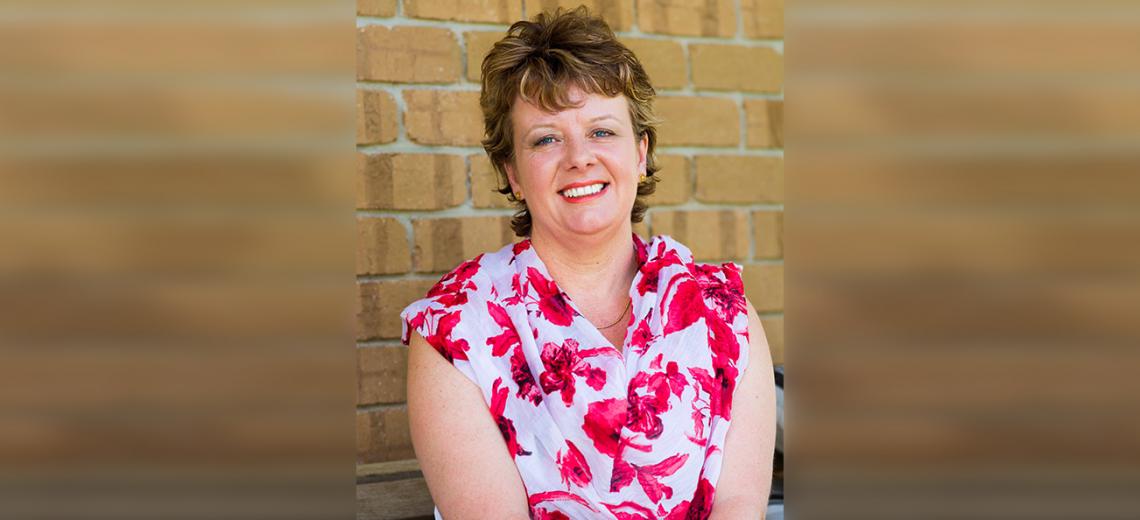
7 minute read
Dr Valerie Caines completed her PhD from the ANU College of Business and Economics (CBE) in 2018. She is the Founder of Third Act Consulting and Managing Director at Cognitrix HR Consulting. Valerie is highly sought-after as a consultant, advising government departments and corporate clients on strategic human resources-management and change-management issues.
She has also served in a range of senior leadership roles across Australia in professional services, fast-moving consumer goods, and defence organisations.
In this interview, Valerie discusses the differences between working in academia and the private sector, and the “skills toolkit” she gained from her experience at CBE.
Q. Can you tell us about your career path and what led you to the role you're in today?
I started my career in banking and finance, and shortly afterwards moved into workers’ compensation. During my time with WorkCover, I was highly active in the Finance Sector Union, serving as Vice-President and Federal Councillor. This work piqued my interest in human resources (HR), which led me to do an undergraduate degree in employee relations and start my HR career in the defence sector.
When I decided to start a family, I created my first HR consulting business, which I ran for nearly seven years. In 2004, I joined Mercer as a Human Capital Consultant and it was during that time I decided to undertake some further study.
I considered a Master of Business Administration but felt a management degree may not add a great deal to my skills toolkit. Thus, I decided to do an Honours degree.
In 2009, I returned to the private sector as a Vice-President in HR within the wine sector, where I navigated an intense merger-and-acquisition period. I later returned to Mercer, started my PhD, and began casual lecturing and tutoring. Since that time, I started another HR consulting business that I still run and created a portfolio career of teaching, research and consulting.
Q. You have worked in both academia and the private sector. What do you think are the top three differences between them?
For me, the three big differences are the pace of work, how the work is done, and why the work is done.
The pace of work within the private sector is much faster and more reactive than in academia. Time is money, so things must move quickly and be highly responsive. Innovation is expected and there is a strong focus on efficiency and effectiveness.
Work within the private sector is largely achieved interdependently and collaboratively in teams. In contrast, a lot of academic work is done independently, even when working in a teaching or research team.
In addition to this, private-sector work is extremely customer or client-focussed, whether it be for an internal or external customer. While work in academia is somewhat student-centred or grant-focussed, the emphasis is quite different.
The three big differences between academia and the private sector are the pace of work, how the work is done, and why the work is done.
Q. What were some of the biggest challenges you faced when you began to set up your own business, and how did you manage to overcome them?
At the early stages of a new venture, the biggest challenges are cash flow and letting others know you are in business. Cash flow can be helped by securing one retained client or having another income stream to tide you over. However, you need to build your client list quickly, and this is where your network can help you. I have also found word of mouth to be incredibly important and to succeed your work needs to be high quality. Therefore, I believe you should focus on the client and the work you are doing, rather than obsessing about your bank balance – and then the money follows.
Q. How did your PhD experience prepare you for your career?
I received my PhD in 2018. My research area is workforce ageing and older workers becoming entrepreneurs.
My PhD experience at CBE has well-prepared me for a career in both academia and corporate life. I never really thought a lot about this until I worked in other universities.
Early on, I realised how lucky I was to have such a high-calibre faculty supporting me on my PhD journey, in particular my supervisor Professor Prashant Bordia. It also became apparent that my research training at university gave me a solid foundation to undertake independent research with confidence, credibility and academic rigour.
In my consulting work, my PhD has given me additional credibility, as well as significantly improved my critical thinking, research and writing skills.
Photo credit: Arran Will
The ANU College of Business and Economics offers an extensive range of specialised programs. Click here for more details.
